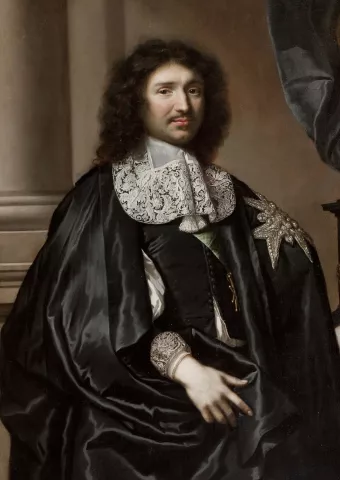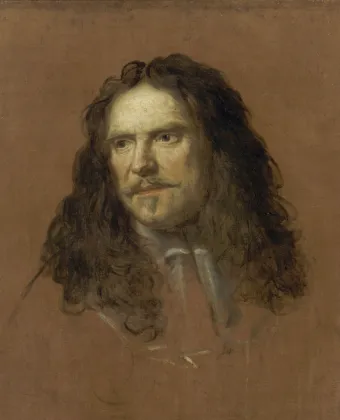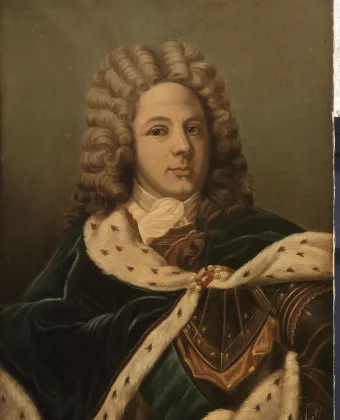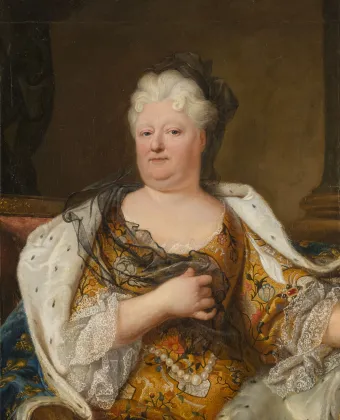Scion of a family involved with international trade since the sixteenth century, son of a cloth merchant, Colbert entered the service of the state in 1640. A protégé of Mazarin, he was made a minister by Louis XIV in 1661. He went on to hold almost all of the great offices of state, with the exception of the Ministries of War and Foreign Affairs. As Comptroller-General of Finances, Secretary of State for the King’s Household, Secretary of State for the Merchant Navy and Superintendent of Royal Buildings, Arts and Manufactories, he met with the monarch five times a week and kept up a regular correspondence with him.
Anecdote
Colbert gave an unprecedented boost to the kingdom’s trade, expanding France’s international influence through the creation of commercial companies such as the East India Company in the 1660s and 1670s. It was under his leadership that the French trading outpost in Pondicherry, southeast India was established, and the colony of New France, later Quebec, was expanded.
He also commissioned extensive building work in Paris and established various squares as well as the Tuileries Gardens. A keen patron of the sciences, Colbert was the driving force behind the foundation of the Académie des Sciences in 1666 and the Observatoire de Paris the following year.
Although he lost some of his influence towards the end of his career, Colbert never fell into disgrace. He was one of the very few men upon whom Louis XIV could always rely. He died in 1683 and was buried in the Eglise Saint-Eustache. He lent his name to Colbertism, an economic theory that encourages state intervention and protectionism.















